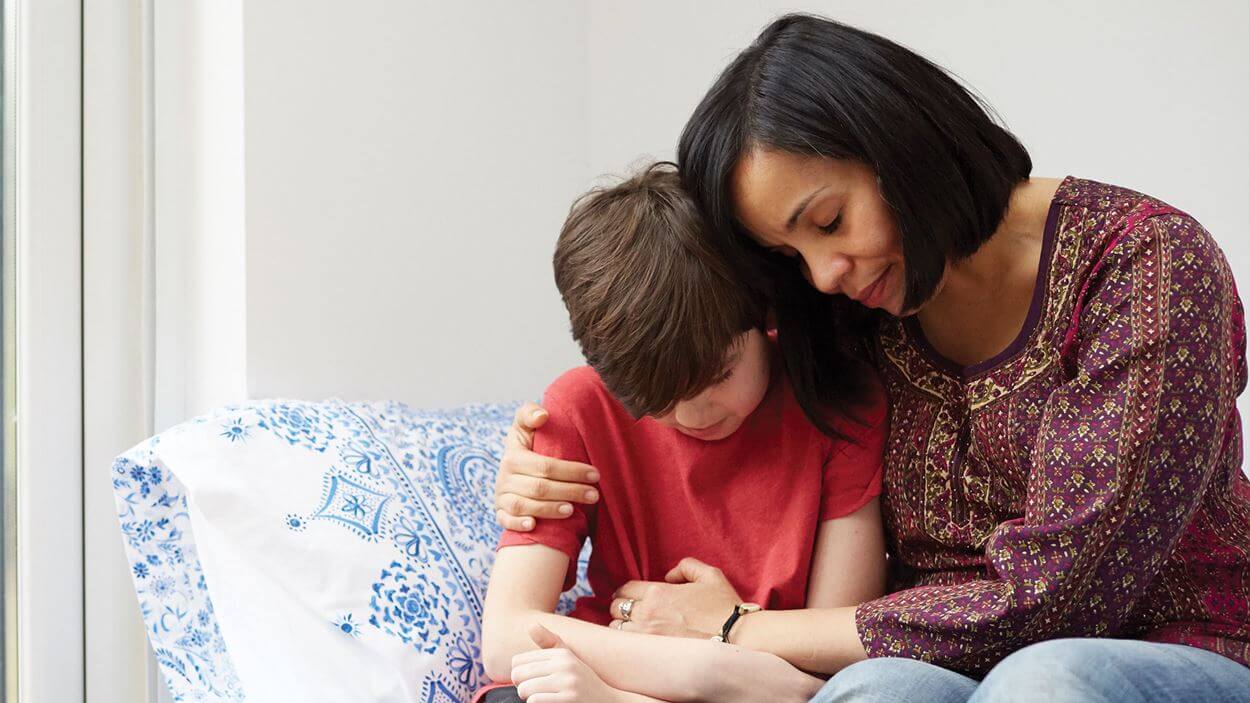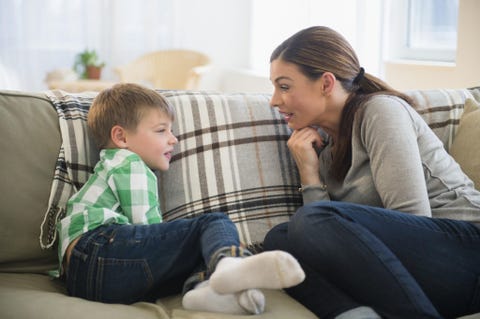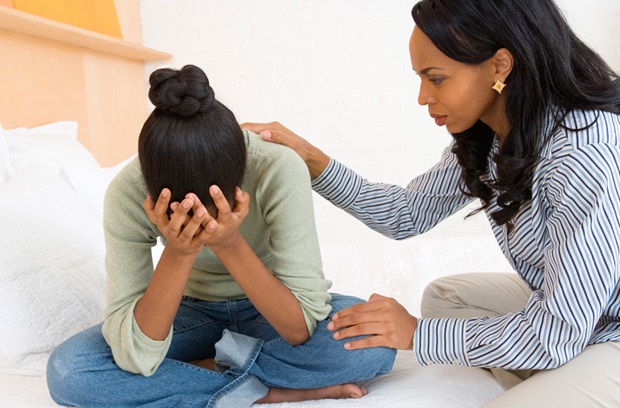CHILDREN AND DIVORCE.
CHILDREN AND DIVORCE.
Youngsters and Divorce,
For youngsters, division and separation can be a particularly pitiful, unpleasant, and befuddling time. Be that as it may, there are approaches to enable your children to adapt to the change of a separation.A young lady morosely lays her jaw on her covered turns in closer view as her contending guardian's motion behind her.
Helping your youngster through a separation,
A partition or separation is an exceptionally distressing and passionate experience for everybody included, except kids frequently feel that their entire world has flipped around. At any age, it tends to be horrendous to observe the disintegration of your folks' marriage and the separation of the family. Children may feel stunned, questionable, or furious. Some may even feel remorseful, censuring themselves for the issues at home. Separation is never a consistent procedure and such a transitional time doesn't occur without some proportion of sadness and hardship. Be that as it may, you can significantly diminish your kids' torment by making their prosperity your top need.Your understanding, consolation, and a listening ear can limit strain as your youngsters figure out how to adapt to new conditions. By giving schedules your children can depend on, you advise them that they can rely on you for soundness, structure, and care. Furthermore, by keeping up a working relationship with your ex, you can enable your children to evade the pressure and anguish that accompanies watching guardians in conflict. With your help, your children can effectively explore this agitating time, yet even rise out of it feeling cherished, confident, and solid—and even with a closer cling to the two guardians.
What your kid needs from mother and father during a separation,
I need both of you to remain associated with my life. It would be ideal if you call me, email, message, and ask me heaps of inquiries. At the point when you don't remain included, I incline that I'm not significant and that you don't generally adore me.It would be ideal if you quit battling and make a solid effort to coexist with one another. Attempt to concede to issues identified with me. At the point when you quarrel over me, I imagine that I accomplished something incorrectly and I feel remorseful.
I need to adore you both and appreciate the time that I go through with every one of you. If you don't mind bolster me and the time that I go through with every one of you. On the off chance that your demonstration envious or upset, I have a feeling that I have to favor one side and love one parent more than the other.
It would be ideal if you discuss straightforwardly with one another so I don't need to send messages to and fro between you.
When discussing my other parent, if it's not too much trouble express just kind things, or don't utter a word by any stretch of the imagination. At the point when you state means, horrible things about my other parent, I feel like you are anticipating that I should agree with your position.
It would be ideal if you recall that I need both of you in my life. I rely on my mother and father to raise me, to show me what is significant, and to help me when I have issues.
Instructions to enlighten kids concerning divorce,
Concerning educating your children concerning your separation, numerous guardians freeze up. Make the discussion somewhat simpler on both yourself and your youngsters by planning what you're going to state before you plunk down to talk. On the off chance that you can foresee intense inquiries, manage your nerves early, and plan cautiously what you'll be letting them know, you will be better prepared to enable your kids to deal with the news.What to state and how to state it,
Troublesome as it might be, attempt to send out a sympathetic vibe and address the most significant focuses front and center. Give your youngsters the advantage of a legitimate—however kid-accommodating—clarification.Come clean. Your children are qualified to know why you are getting a separation, yet wordy reasons may just confound them. Pick something basic and fair, similar to "We can't get along any longer." You may need to remind your kids that while at times guardians and children don't generally get along, guardians and children don't quit cherishing one another or get separated from one another.
State "I love you." However basic it might sound, telling your kids that your adoration for them hasn't changed is an amazing massage. Reveal to them you'll despite everything be thinking about them all around, from fixing their morning meal to helping them with schoolwork.
Address changes. Seize your children's inquiries concerning changes in their lives by recognizing that a few things will be unique, and different things won't. Tell them that together you can manage each detail as you go.
Abstain from accusing,
Present an assembled front. As much as you can, attempt to concur ahead of time on clarification for your detachment or separation—and stick to it.
Plan your discussions. Make arrangements to chat with your youngsters before any adjustments in the living courses of action happen. Also, plan to talk when your life partner is available, if conceivable.
Show restriction. Be aware of your life partner when giving the purposes behind the detachment.
What amount of data would it be advisable for me to give my youngster about the separation?
Particularly toward the start of your detachment or separation, you'll have to single out the amount to tell your youngsters. Ponder how certain data will influence them.
Be age-mindful. By and large, more youthful kids need less detail and will improve basic clarification, while more seasoned children may require more data.
Offer strategic data. Do inform kids regarding changes in their living game plans, school, or exercises, yet don't overpower them with the subtleties.
Keep it genuine. Regardless of how much or how little you choose to tell your children, recollect that the data should be honest to the exclusion of everything else.
Help your kid lament the separation,
For kids, separation can feel like a serious misfortune—the departure of a parent, the loss of the nuclear family, or the loss of the existence they knew. You can enable your kids to lament their misfortune and change by new conditions by helping them express their feelings.Tune in. Urge your kid to share their sentiments and truly hear them out. They might be feeling misery, misfortune or disappointment about things you might not have anticipated.
Assist them with discovering words for their sentiments. It's typical for kids to experience issues communicating their sentiments. You can help them by seeing their states of mind and urging them to talk.
Leave them alone legit. Kids may be hesitant to share their actual affections inspired by a paranoid fear of harming you. Tell them that whatever they state is alright. They may censure you for the separation yet if they can't share their legitimate sentiments, they will make some harder memories working through them.
Make discussing the separation of a progressing procedure. As youngsters age and develop, they regularly have new inquiries, emotions, or worries about what occurred, so you might need to go over a similar ground over and over.
Recognize their emotions. You will most likely be unable to fix their issues or change their trouble to bliss, however, it is significant for you to recognize their sentiments instead of expelling them. You can likewise rouse trust by demonstrating that you comprehend.
Tell kids they're not to blame,
Numerous children accept that they had something to do with the separation, reviewing times they contended with their folks, got terrible scores, or got in a difficult situation. To enable your children to relinquish this confusion:Put any misinformation to rest. Rehash why you chose to get a separation. Now and again hearing the genuine purpose behind your choice can help.
Show restraint. Children may appear to "get it" at some point and feel uncertain about the following. Treat your kid's perplexity or misconceptions with tolerance.
Console. As frequently as you have to, remind your youngsters that the two guardians will keep on adoring them and that they are not liable for the separation.
Give consolation and love,
Kids have an astounding capacity to recuperate when given the help and love they need. Your words, activities, and capacity to stay predictable are exceedingly significant apparatuses to console the offspring of your perpetual love.The two guardians will be there. Tell your children that even though the physical conditions of the nuclear family will transform, they can keep on having sound, adoring associations with both of their folks.
It'll be alright. Tell kids that things won't generally be simple, however, that they will work out. Realizing it'll be good can give motivating force to your children to give another circumstance a possibility.
Closeness. Physical closeness—as embraces, taps on the shoulder, or straightforward vicinity—has an incredible method for consoling the offspring of your adoration.
Be straightforward. At the point when children raise concerns or tensions, react honestly. On the off chance that you don't have the foggiest idea about the appropriate response, state tenderly that you aren't sure at present, however, that you'll discover and it will be alright.
Give dependability through the separation,
While it's useful for children to figure out how to be adaptable, changing under numerous new conditions on the double can be extremely troublesome. Help your children acclimate to change by giving however much dependability and structure as could reasonably be expected in their day by day lives.Recollect that setting up structure and congruity doesn't imply that you need inflexible timetables or that mother and father's schedules should be the equivalent. Yet, making some normal schedules at every family unit and reliably conveying to your kids what's in store will furnish your children with a feeling of quiet and security.
The solace of schedules,
Children feel more secure and increasingly secure when they recognize what's in store straightaway. Realizing that, in any event, when they switch homes, dinnertime is trailed by schoolwork and afterward a shower, for instance, can make a youngster's psyche feel relaxed.Keeping up routine additionally implies proceeding to watch rules, rewards, and order with your youngsters. Oppose the impulse to ruin kids during separation by not implementing limits or permitting them to defy guidelines.







If divorce contributed to all kinds of misfortune in the child life then what can we do to stop it form coming to the family. What is it's rood and cause?
ReplyDeleteThe young must be brought back to the traditional root of marriage buy everyone who knows much about the outcome of it in the. Children's life to prevent it from repeating as the child grows
ReplyDelete